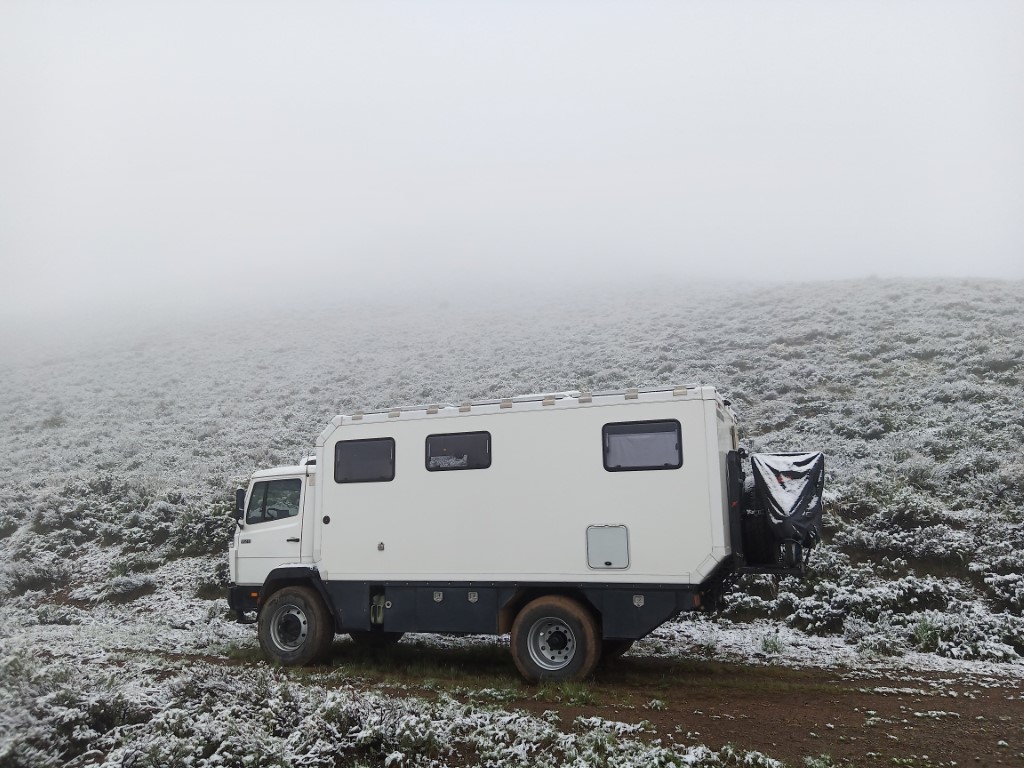One of the biggest dilemmas when beginning a DIY overlanding vehicle build is the trade-off between ready-made components and self-built solutions. There is the most obvious dichotomy of cost versus time, given the prospect of designing, engineering, and building something from scratch, but there are other trade-offs as well. Things like precision, accuracy, and build quality are all considerations in a self-built project as well.
Whether you are designing a truck camper, a trailer, or a full-on habitat box for your Unimog, the process of constructing the camper body is likely to be one of your single biggest labor investments. However, the good news is that this is one aspect of a DIY overlanding project that can easily be outsourced to a company like Total Composites, saving you an enormous amount of labor, time, and ensuring the “bones” of your overlanding project will hold up to thousands of miles on the trail.
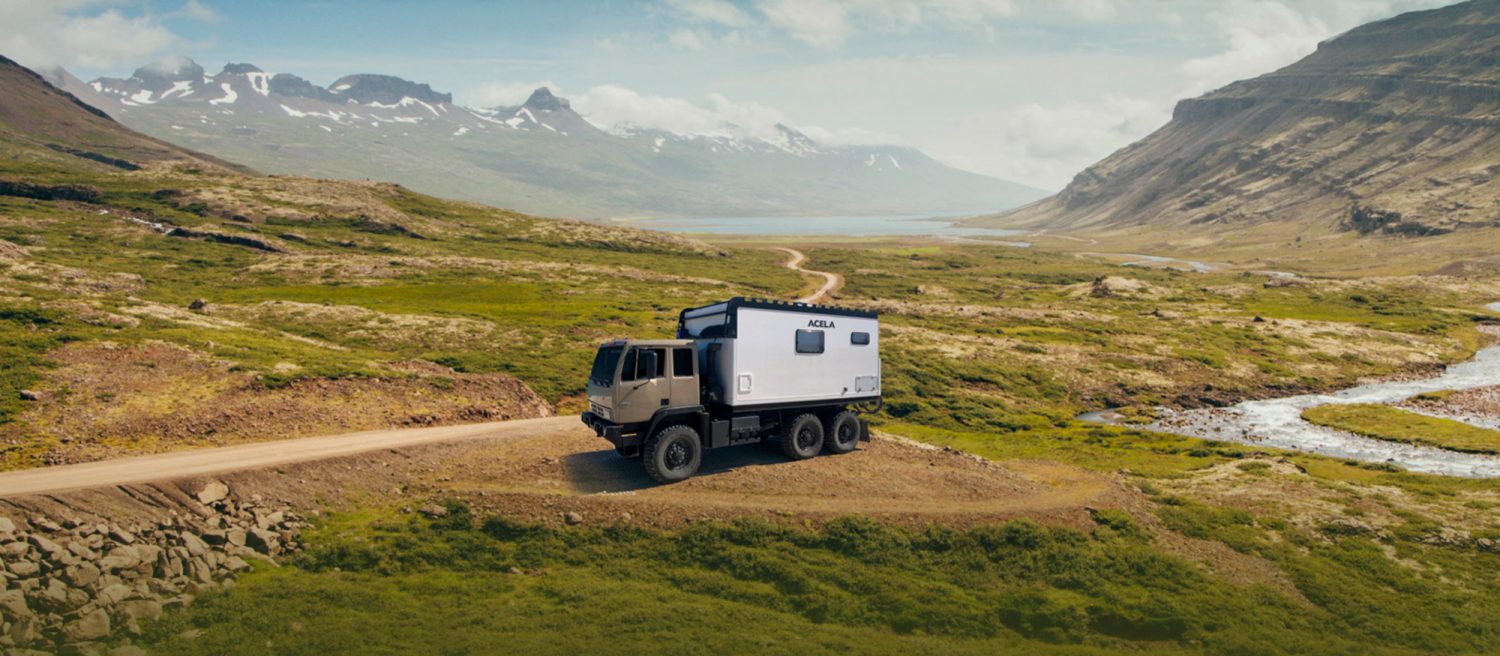
Total Composites Expedition Truck Bodies
Total Composites, headquartered in Victoria, British Columbia, has been designing and building composite truck bodies for the commercial trucking, overlanding, and motorhome industries for 40 years. Their engineering team has over 60 combined years of experience with expertise in designing and manufacturing composite panels and extrusions. Total Composites offers consultation, subframe design, engineering services, and, of course, their custom-cut composite panel kits, which they flatpack and ship directly to your door.
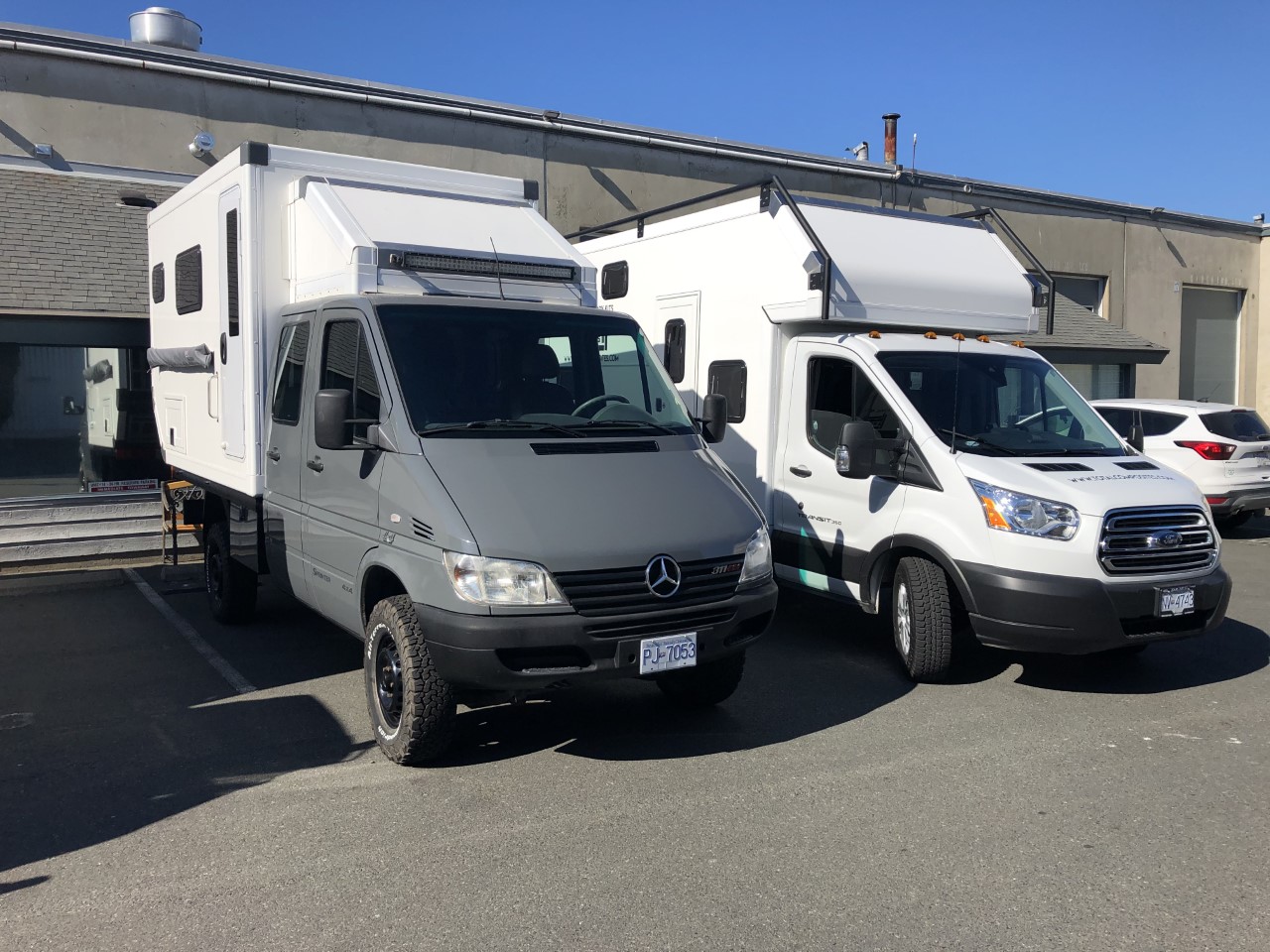
Although the majority of their business is done with commercial motorhome builders, Total Composites works with individuals as well, offering kits for flatbeds, full-sized semis, and expedition truck chassis. Once a habitat design has been finalized and delivered to the customer, the assembly process can be completed quickly (in as little as one working day, depending on the project), requiring a bare minimum of tools. Kits start at $9,900.
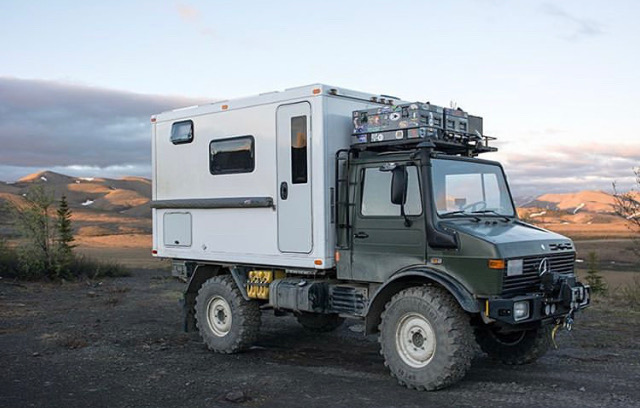
Advantages of a Composite Truck Body
The biggest advantage of a composite truck body for overlanding or long-term travel is that it is thermal transfer free. This allows a habitat box from Total Composites with 2-inch thick walls to be four-season ready while also weighing up to 30 percent less than a similar-sized steel or wood construction. Thermal transfer free also means no condensation, which is often responsible for mold and rust problems in steel and wood constructions. Total’s fiberglass pultrusion channels which connect the wall, floor, and ceiling panels are patented and contribute significantly to the time savings during project assembly. They also have the benefit of expanding and contracting at the same rate as the composite panels, reducing the chances of stress fractures over the life of the product.
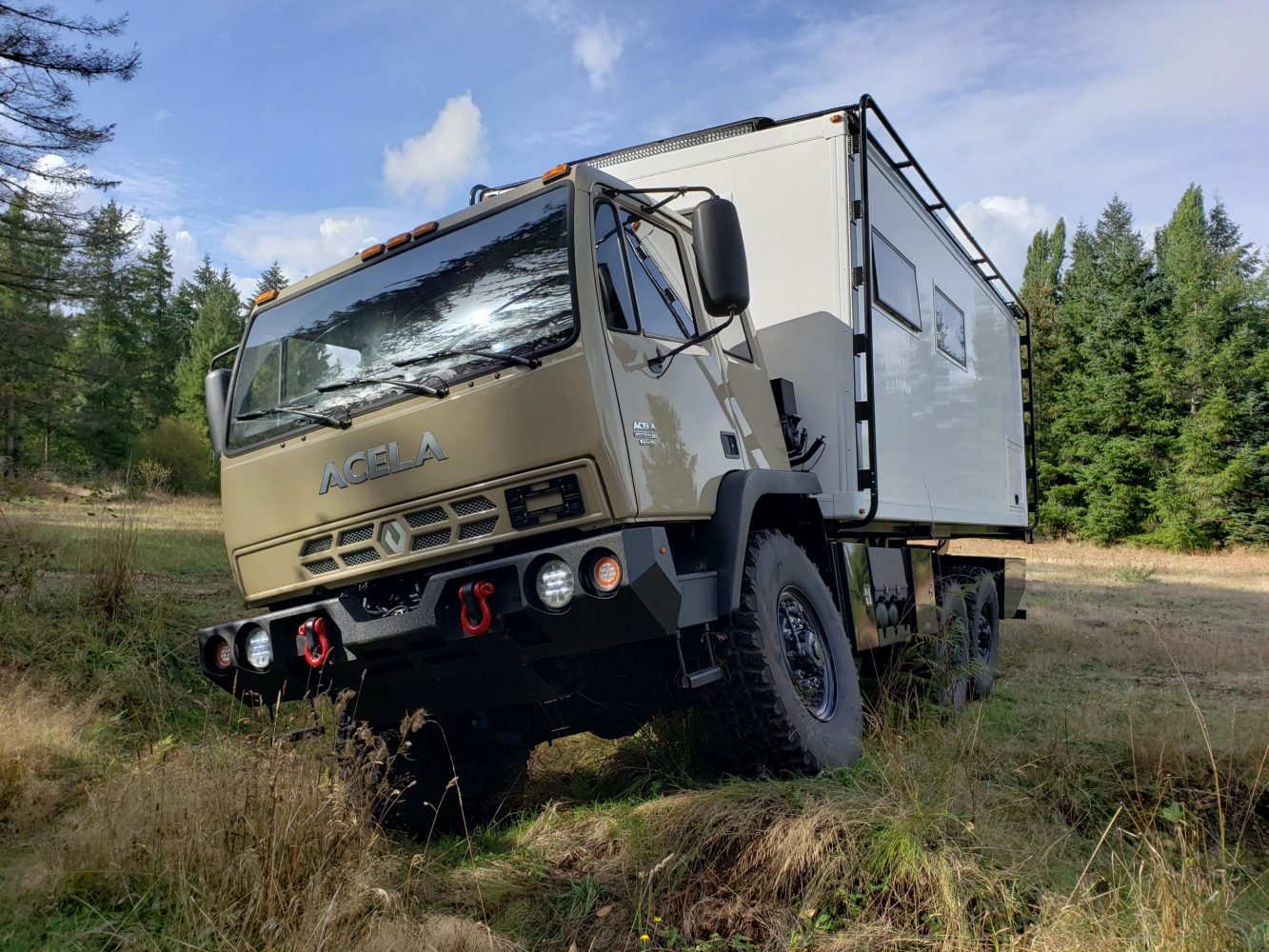
Purchasing a kit from Total Composites begins with a quote template that consists of a blank set of drawings that the customer completes with the desired dimensions for their project. The customer will also include other relevant features like interior dividers and departure angles. With the design template in hand, Total develops a project timeline and calculates final pricing. Once the final design is approved, and a deposit is secured, the manufacturing process can begin. Production usually takes 2-3 weeks to complete, followed by 8-10 weeks for delivery to the customer (Total Composites handles all legal and shipping logistics).
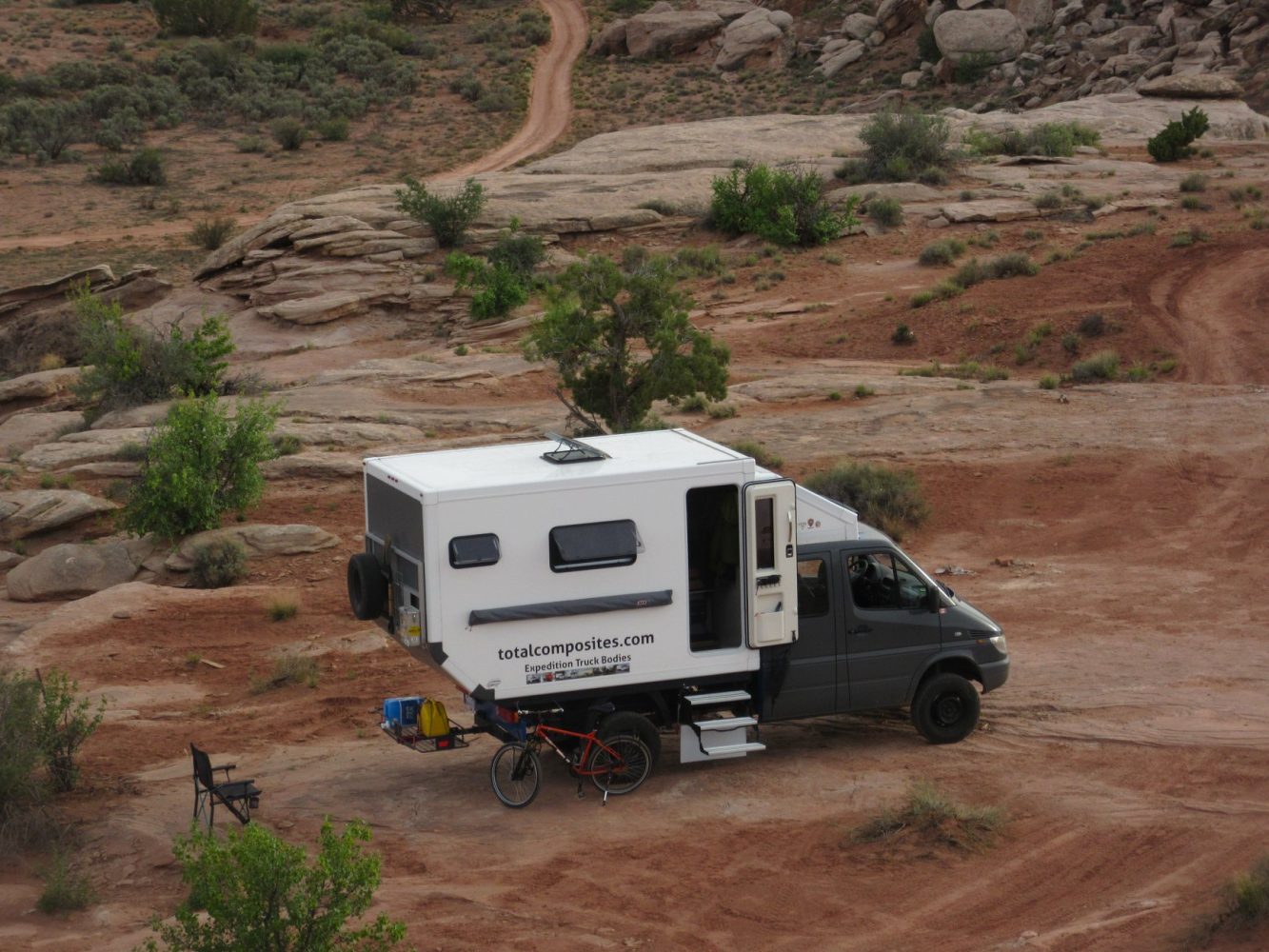
For additional information about composite truck bodies, slide-in truck campers, and trailers, visit the Total Composites’ website.


